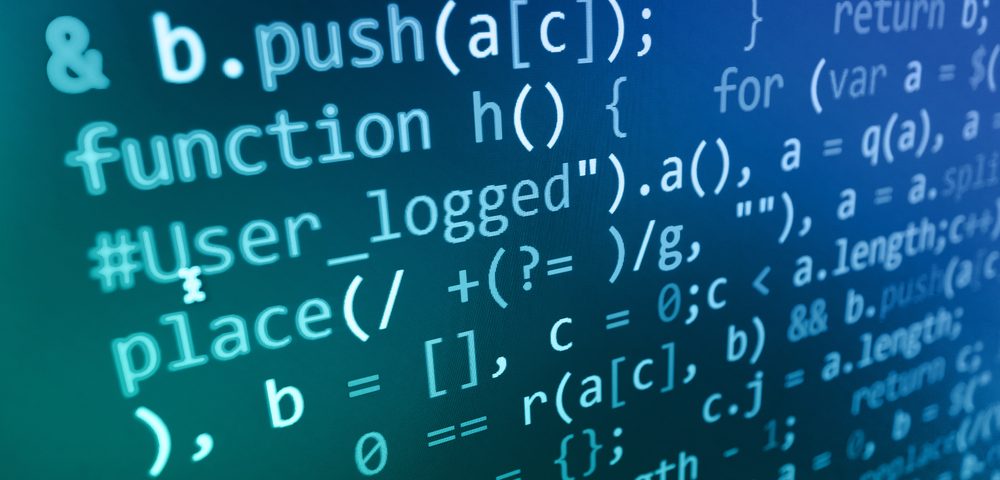Why do some cancer patients respond well to immunotherapy while others do not? CITRUS, an algorithm that runs on Cytobank‘s single-cell analysis platform, hopes to help researchers answer this question by accelerating and automating the discovery of biomarkers that can work to predict which patients will respond to which therapies.
“Immunotherapy has great promise, but current treatments are extremely expensive. With the launch of CITRUS, Cytobank is providing clinical researchers with easy access to an innovative tool that identifies biomarkers,” David Craford, president & CEO, Cytobank, said in a news release. “If validated, these biomarkers could eventually be used as diagnostics in combination with immunotherapies to target and monitor patients for more personalized treatment. This has the potential to improve quality and reduce cost of care.”
Cytobank’s platform allows researchers to examine flow cytometry data at the single cell level, helping them understand how each patient responds to an immunotherapy treatment in a high dimensional (HD) analysis resolution. HD single cell analysis is also growing with the recent availability of techniques like mass spectrometry and next generation sequencing, which allow for a detailed analysis of genes and proteins in each cell.
Although immunotherapy is a promising development in cancer care, some patients still fail to respond to these therapies. Equally troubling is that researchers now have no way of knowing which therapy combinations will best work in a given patient.
CITRUS aims to help researchers identify biomarkers that can predict a patient’s response to immunotherapy quickly and effectively, according to the release.
“With our Mass Cytometry studies and analysis, we often have the impression of assembling a railroad track right in front of the train, and incorporating CITRUS has helped us build the track out faster and further ahead than before,” said Patrick Reeves, PhD, team leader, Vaccine & Immunotherapy Center, Massachusetts General Hospital. “We can now do in two weeks what would otherwise take months of slicing populations into smaller groups to conduct the analysis.”
Cytobank’s platform, which uses Big Data analytics in a scalable, cloud-based computing to understand complicated immunological questions, is already in use in a number of pharmaceutical companies and medical research centers, the company said. The CITRUS tool, however, is available in the Cytobank Premium and Enterprise versions.


